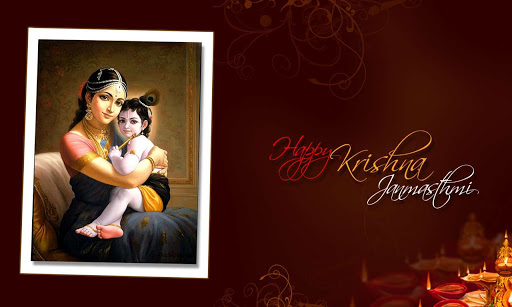Guru Purnima
Guru Purnima
The celebration of Guru Poornima is marked by spiritual activities and may include a ritualistic event in honor of the Guru; that is, the teachers which is called Guru Pooja. The Guru Principle is said to be a thousand times more active on the day of Guru Purnima than on any other day. The word Guru is derived from two words, 'Gu' and 'ru'. The Sanskrit root 'Gu' means darkness or ignorance, and 'ru' denotes the remover of that darkness. Therefore, a Guru is one who removes the darkness of our ignorance. Gurus are believed by many to be the most necessary part of life. On this day, disciples offer pooja (worship) or pay respect to their Guru (spiritual guide). In addition to having religious importance, this festival has great importance for Indian academics and scholars. Indian academics celebrate this day by thanking their teachers as well as remembering past teachers and scholars.
Traditionally the festival is celebrated by Buddhists in honor of the Lord Buddha who gave His first sermon on this day at Sarnath, Uttar Pradesh, India. In the yogic tradition, the day is celebrated as the occasion when Shiva became the first Guru, as he began the transmission of yoga to the Saptarishis. Many Hindus celebrate the day in honor of the great sage Vyasa, who is seen as one of the greatest Gurus in ancient Hindu traditions and a symbol of the Guru-shishya tradition. Vyasa was not only believed to have been born on this day, but also to have started writing the Brahma Sutras on Ashadha Sudha Padyami, which ends on this day. Their recitations are a dedication to him, and are organised on this day, which is also known as Vyasa Purnima. The festival is common to all spiritual traditions in Hinduism, where it is an expression of gratitude toward the teacher by his/her disciple. Hindu ascetics and wandering monks (sanyasis), observe this day by offering puja to their Guru.
#gurupurnima #india #indianfestival #indiantradition #indianculture





Comments
Post a Comment